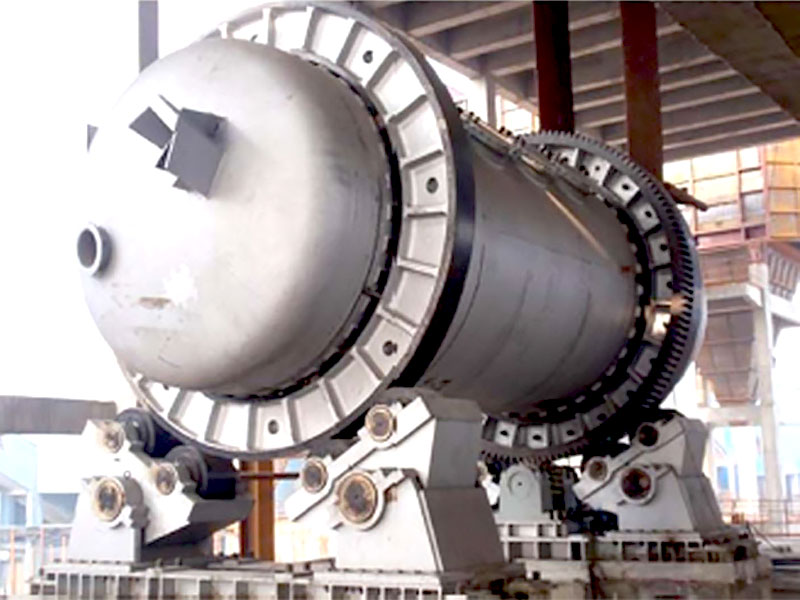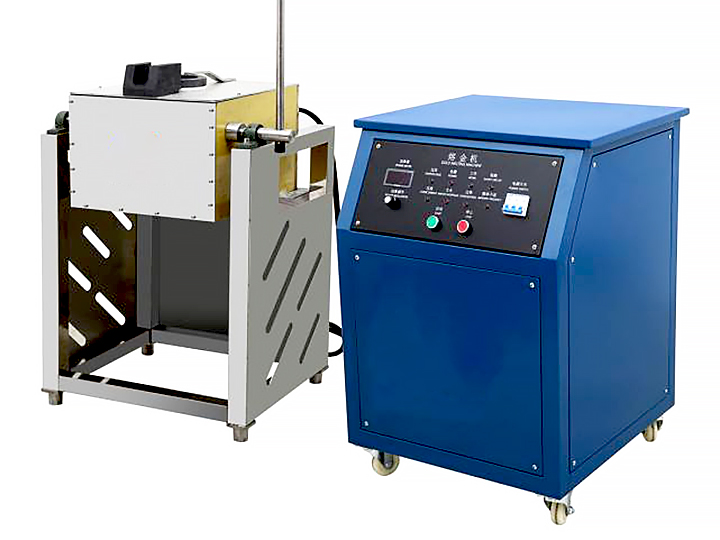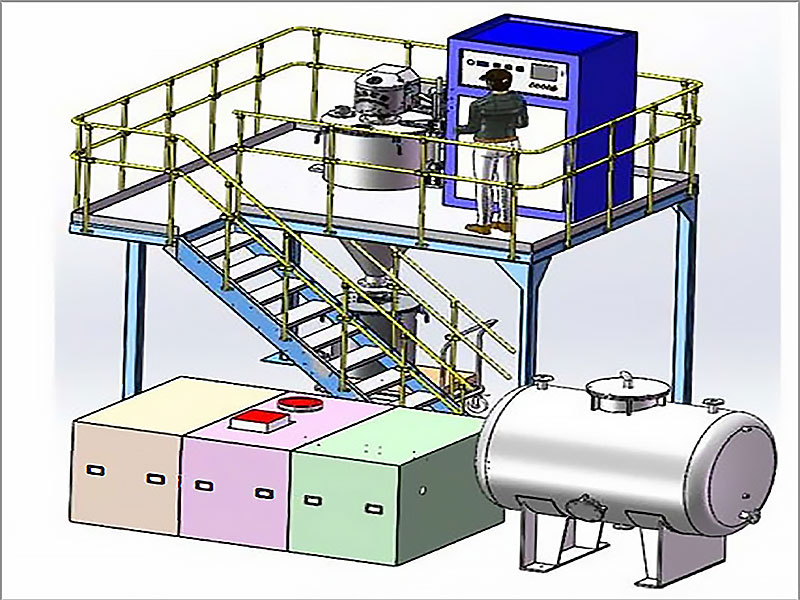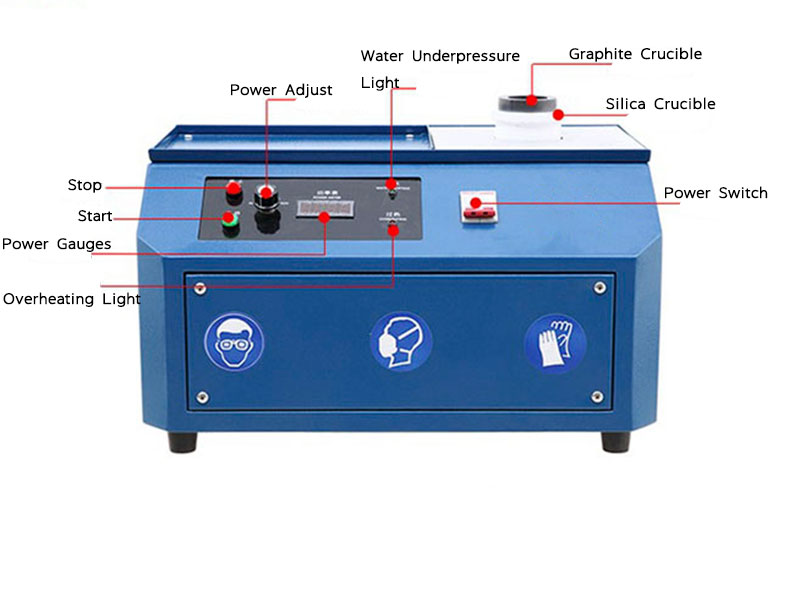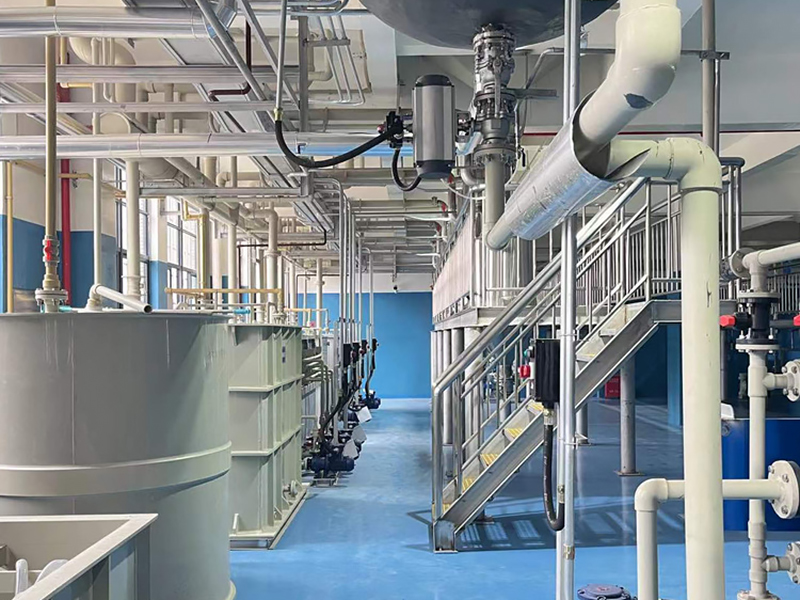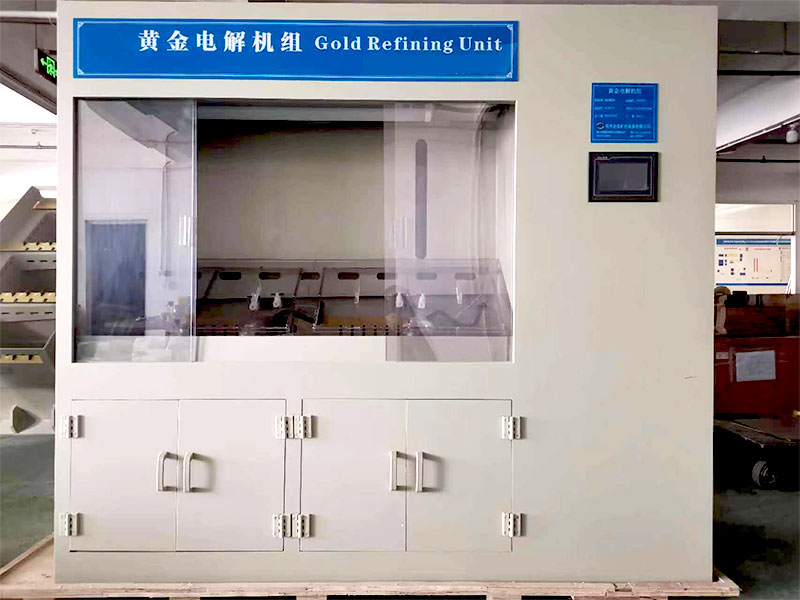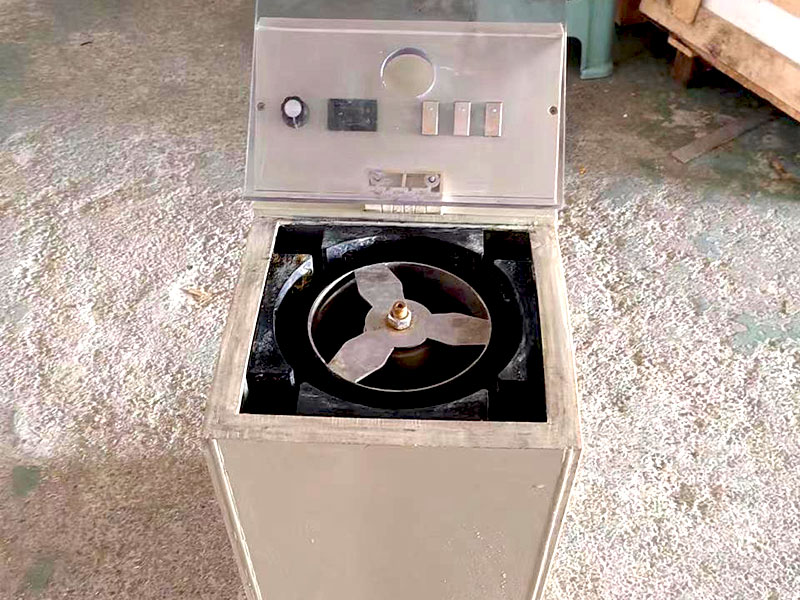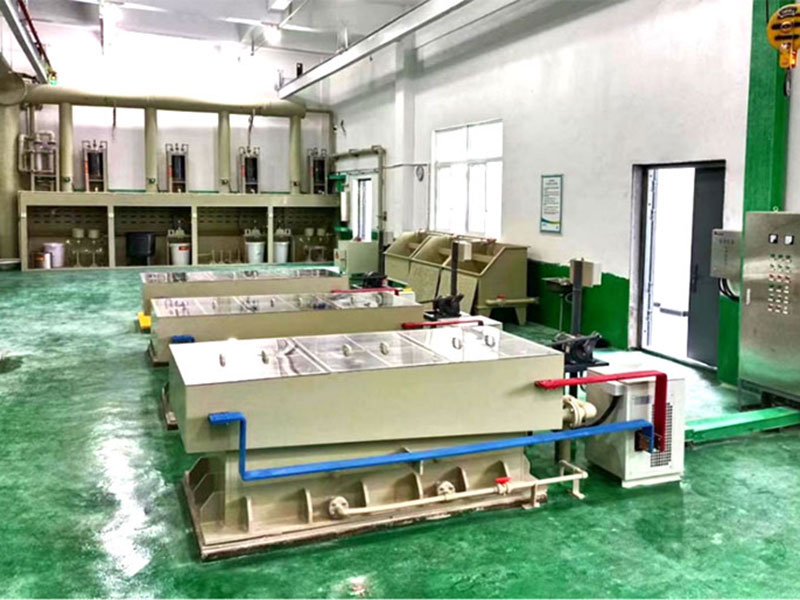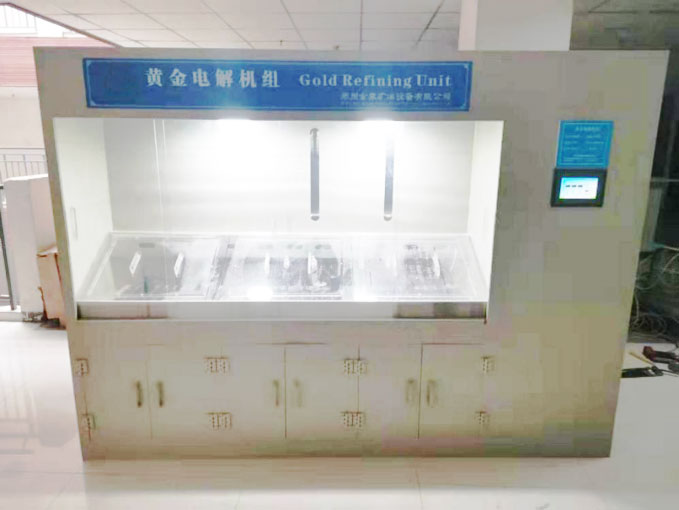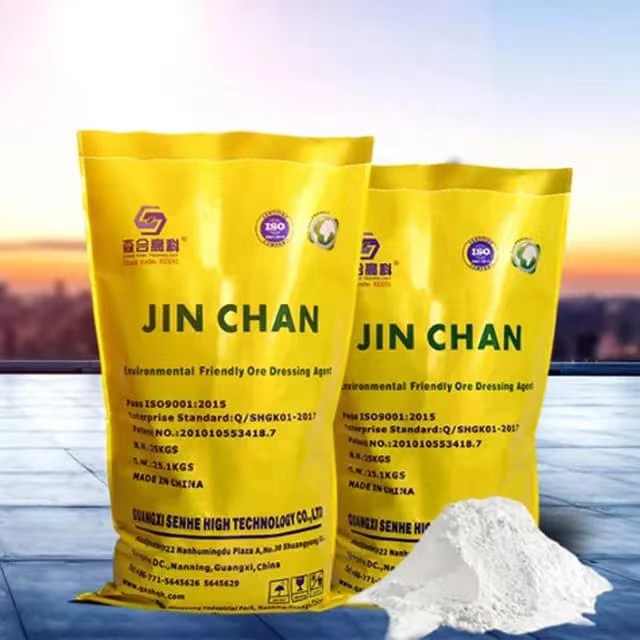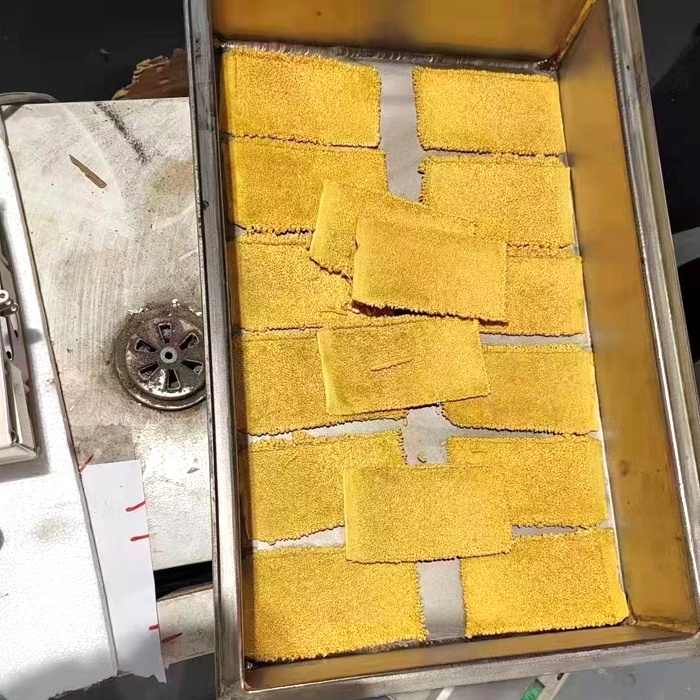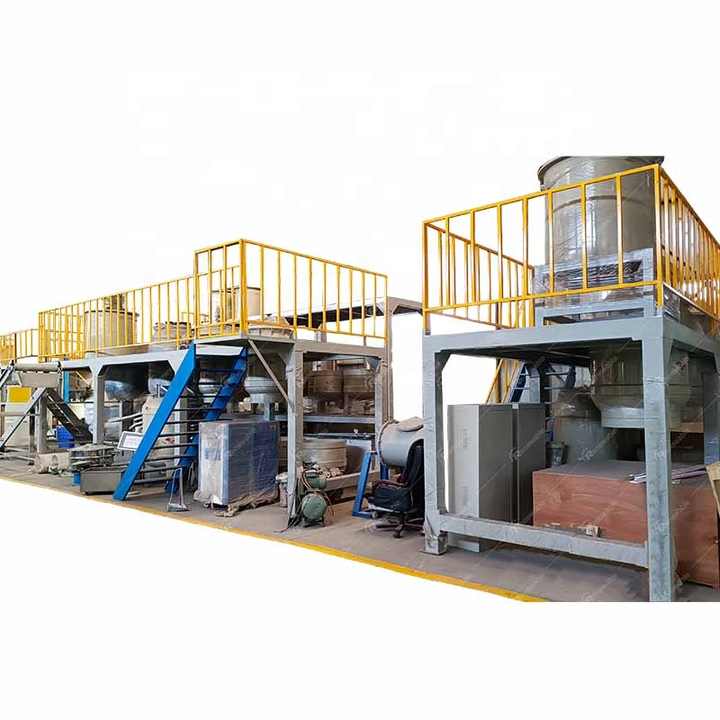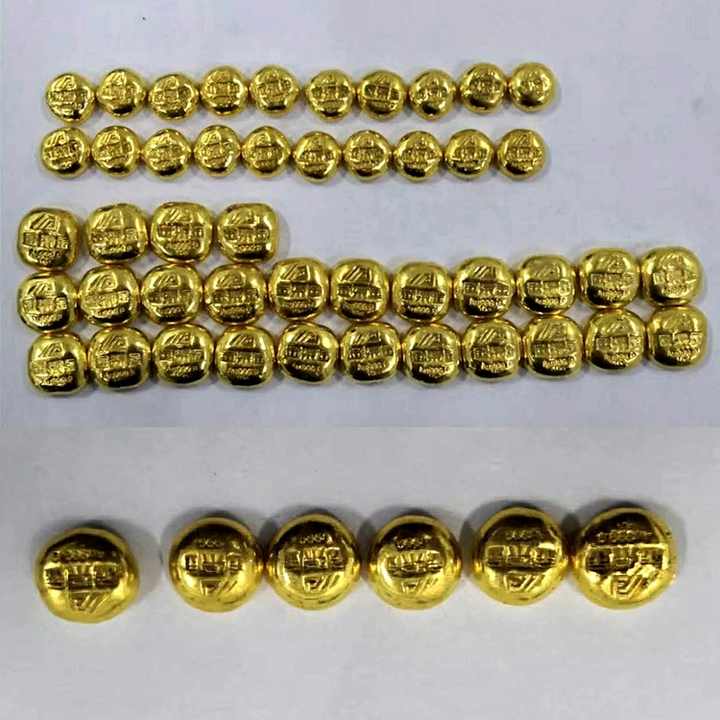Gold Refining Process Mercury
Gold Refining Process Mercury: A Comprehensive Guide
Gold refining is an essential process for purifying raw gold ore into a more valuable form. Among various methods used globally, mercury amalgamation remains one of the oldest and most recognized techniques, especially among artisanal and small-scale miners. However, it’s crucial to understand the implications and advancements surrounding this method. In this article, brought to you by FRT Machinery, we delve into the gold refining process involving mercury, exploring its mechanisms, benefits, risks, and alternatives.
Understanding the Role of Mercury in Gold Refining
Mercury has been used for centuries in separating gold from its ores due to its unique property of forming an amalgam—a solid alloy—with gold. When gold ore is crushed and mixed with mercury, the mercury binds to the gold particles, creating a compound known as gold mercury amalgam. This process makes it easier to separate gold from other materials present in the ore.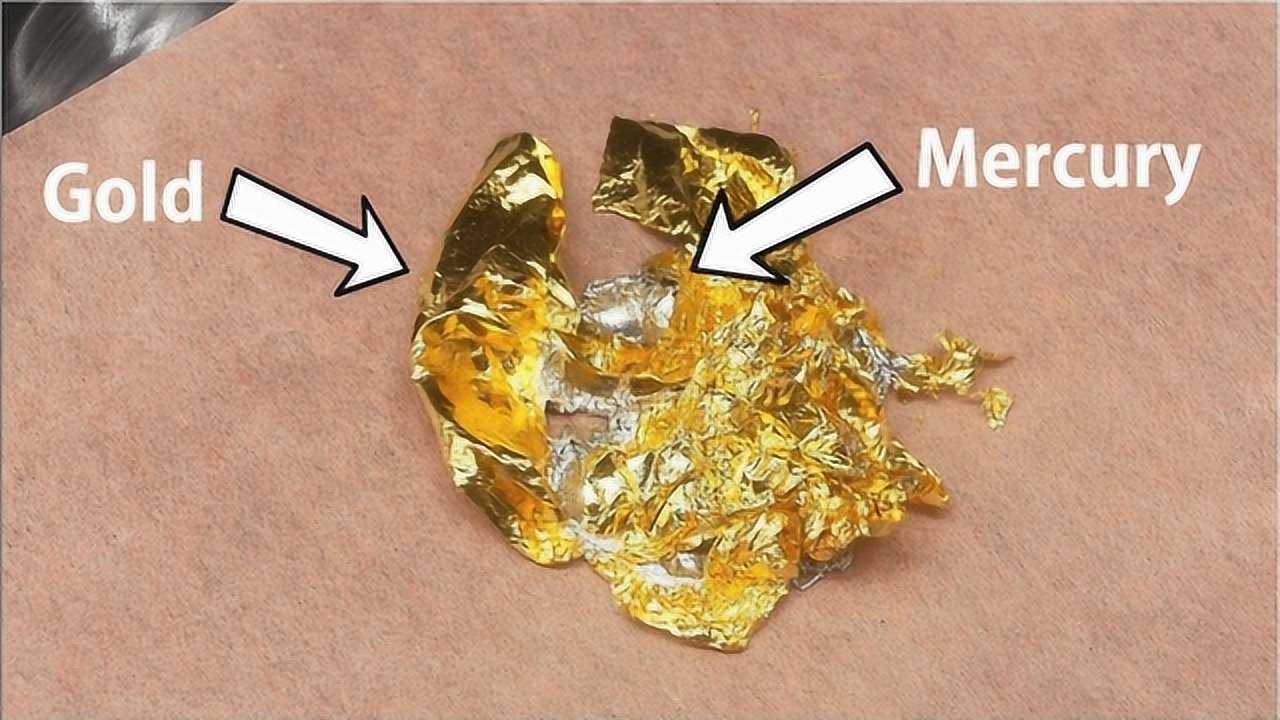
Steps Involved in the Gold Refining Process Mercury
The gold refining process using mercury typically involves several steps:
1.Crushing and Grinding: Raw gold ore is first crushed into smaller pieces to increase surface area.
2.Amalgamation: Crushed ore is then mixed with liquid mercury, allowing the mercury to bind with the gold particles.
3.Separation: The gold-mercury amalgam is separated from the remaining ore material.
4.Distillation: To extract pure gold, the amalgam is heated, causing the mercury to vaporize and leave behind purified gold.

Environmental and Health Impacts of Gold Refining Process Mercury
Despite its effectiveness, the use of mercury in gold refining poses significant environmental and health risks. Mercury is highly toxic, and its improper handling can lead to severe contamination of water sources, soil, and air. Exposure to mercury vapor can cause serious health issues including neurological damage, particularly affecting the brain and nervous system.
To mitigate these risks, strict safety protocols must be followed, including proper ventilation during distillation, use of personal protective equipment (PPE), and secure disposal methods for mercury waste.
Advancements in Mercury-Free Gold Refining
In response to the growing concerns over mercury usage, FRT Machinery and other industry leaders have developed alternative technologies that eliminate the need for mercury altogether. These innovations include:

-Cyanidation Process: Utilizing cyanide solutions to dissolve gold from its ores, which is then recovered through carbon absorption or zinc precipitation.
-Bioleaching: Employing microorganisms to oxidize sulfides in ore, thereby making gold more accessible.
-Electrostatic Separation: Using electrostatic charges to separate gold particles based on their electrical conductivity.
These mercury-free methods not only reduce environmental hazards but also improve operational efficiency and sustainability.
Conclusion: Moving Towards Sustainable Practices
While the gold refining process mercury continues to play a role in certain sectors, particularly within artisanal mining communities, the industry is gradually shifting towards safer, more sustainable practices. FRT Machinery encourages all stakeholders to adopt advanced technologies and best practices that prioritize both economic viability and environmental stewardship. By doing so, we can ensure that the future of gold refining is as bright and valuable as the precious metal itself.

